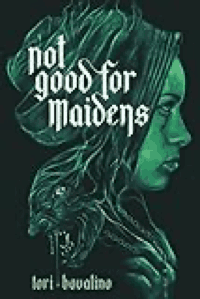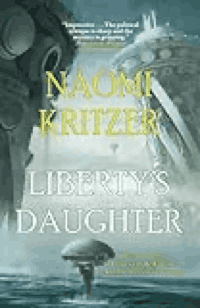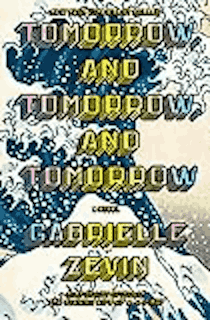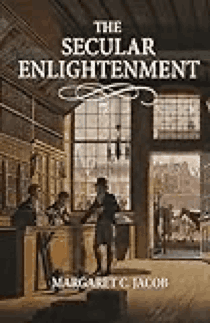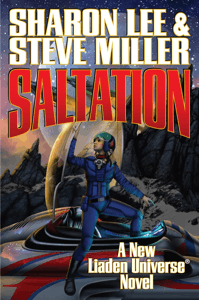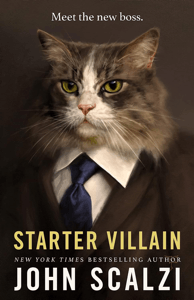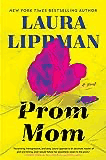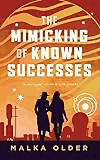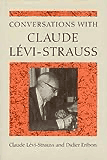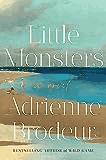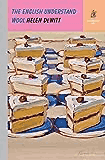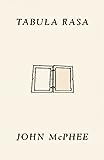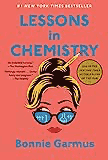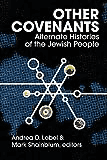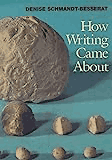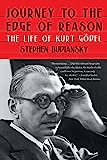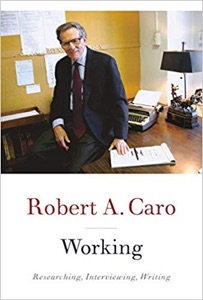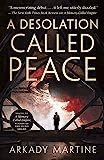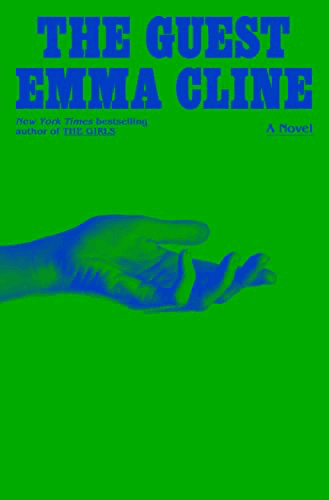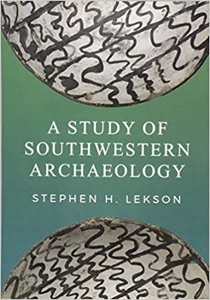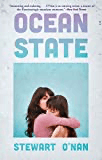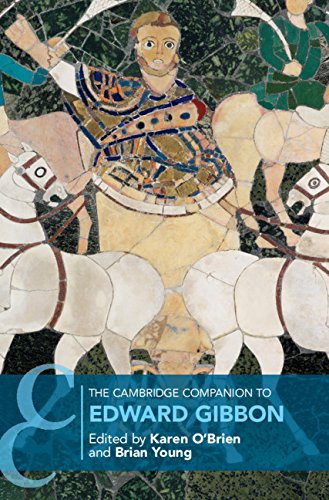Christina Rossetti was a hell of a poet. “In An Artist’s Studio” is surely the cruelest verse ever composed about a sister-in-law. I’ve long loved her “Goblin Market”, even if it does trade in antisemitic imagery.
Morning and evening
Maids heard the goblins cry:
“Come buy our orchard fruits,
Come buy, come buy:
Apples and quinces,
Lemons and oranges,
Plump unpeck’d cherries…
Bovalino imagines a fascinating problem: how would modern girls react to the Goblin Market? Whether you think the forbidden fruit is lesbian love or the renunciation of christ’s yoke, it’s going to play differently today than in 1862.
18 years ago, May Wickett was an apprentice witch, a defender of York from the annual underground market. May doesn’t really want to be a witch, but it’s a family duty. A sudden personnel crisis moves up the date of her initiation, and suddenly there’s not going to be a lovely time at University, far from the cares of home. In a week, she’ll be a professional witch and have no time or anything else. Then Eitra, a beautiful goblin girl walks into the pub.
Now, May and her sister have been banished from York. They live in Back Bay, with May helping to raise her 17-year-old niece Lou. Lou is a modern girl, sophisticatedly asex, impatient of her mother’s weird superstitious puttering with salt lines on the sills and iron charms on the doors. Then her beloved aunt Neela (who is the same age as Lou) leaves a message on Lou’s iPhone: she’s stuck in the market and cannot escape.
There are problems here, but it does draw a fascinating contrast between yesterday’s girl, who is wrapped up in liberation and love, and today’s girl, who doesn’t need to be liberated and doesn’t much want to know what love is. Bovalino doesn’t pull punches: if the girl you love turns out to be covered in thorns, you’re going to learn about an S&M kink you didn’t know you had. (Eitra, in turn, discovers sugar.) I think more might be done with this material, but this was a lot of fun.
December 18, 2023 (permalink)
